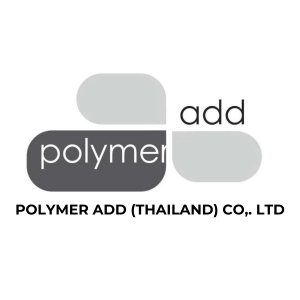Chemically inert fillers are commonly used in polymers to improve various properties without significantly altering the chemical composition of the polymer matrix. Some common chemical inert fillers for polymers include
Silica (Silicon Dioxide)
Silica is widely used as a filler in polymers due to its excellent mechanical properties, such as hardness, abrasion resistance, and reinforcement. It is chemically inert and compatible with many polymer matrices.
Titanium Dioxide (TiO2)
Titanium dioxide is often used as a white pigment and filler in polymers due to its high refractive index, opacity, and UV stability. It is chemically inert and provides coloration and UV protection to polymer products.
Alumina (Aluminium Oxide)
Alumina fillers are known for their high hardness, thermal conductivity, and chemical inertness. They are commonly used in polymer composites to improve mechanical properties and thermal stability.
Glass Microspheres
Glass microspheres are hollow, chemically inert spheres made of silica-based glass. They are used as lightweight fillers in polymers to reduce density while improving mechanical properties and dimensional stability.
Calcium Carbonate (CaCO3)
Calcium carbonate is a naturally occurring mineral filler that is chemically inert and cost-effective. It is commonly used in polymers to improve stiffness, dimensional stability, and impact resistance.
Barium Sulfate (BaSO4)
Barium sulfate is chemically inert and has high density and opacity. It is often used as a filler in polymers for applications requiring high density and radiopacity, such as in medical devices and automotive parts.
Talc (Hydrated Magnesium Silicate)
Talc is a lamellar mineral filler known for its lubricating properties, chemical inertness, and heat resistance. It is commonly used in polymers to improve stiffness, dimensional stability, and creep resistance.
Mica
Mica is a naturally occurring mineral filler with excellent thermal stability, electrical insulation properties, and chemical inertness. It is used in polymers to improve thermal and electrical properties.
Carbon Black
Carbon black is a finely divided form of carbon that is chemically inert and provides reinforcement, electrical conductivity, and UV protection to polymers. It is commonly used in rubber and plastic products.
